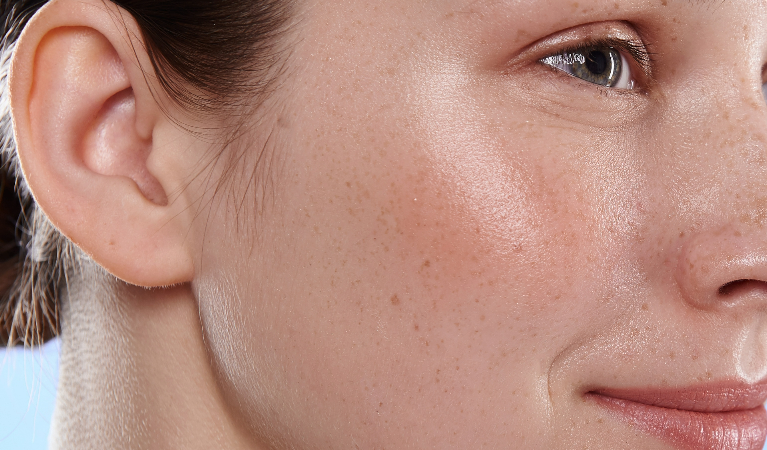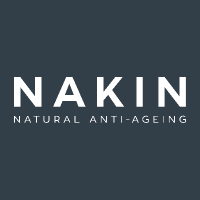Is Dairy Bad for My Skin?

Dairy is an important part of our diet with the protein, vitamins and minerals that it provides, but in recent years lots of people have been moving away from it in favour of vegan, nut and grain alternatives. It is usually because it is thought that dairy can cause inflammation in our systems, plus is high in cholesterol and saturated fats. If you are thinking about cutting down on dairy, then always speak to a qualified professional beforehand for expert advice. One of the reasons that some people cut down on dairy is because of their skin. If you are wondering if dairy is bad for your skin, then read on to find out more.
Are dairy products bad for our skin?
Dairy products, including milk, cheese, and yogurt, have often been touted as being essential for strong bones and overall health. However, in recent years, there has been a growing concern about the potential effects of dairy on our skin.
In this post, we will explore the relationship between dairy consumption and its impact on our skin. We will also discuss potential reasons for this link and provide some alternatives for those who may be looking to reduce their dairy intake.
The Link between Dairy and Skin Health
Dairy can provide masses of nutrients that are essential to our skin health, such as vitamin D and calcium. So we should always remember this, however, studies have suggested a link between dairy consumption and skin issues such as acne, eczema, and rosacea.
Possible Reasons for the Link
There are several potential reasons for the link between dairy consumption and skin health. One theory is that milk contains hormones, which can stimulate oil production in the skin and contribute to acne.
Another possible explanation is that dairy products, particularly high-fat options like cheese and butter, are highly inflammatory. Inflammation has been linked to various skin conditions, including acne and eczema.
Alternatives to Dairy
If you are looking to reduce or eliminate dairy from your diet, there are plenty of alternatives available. Some dairy-free options include almond milk, coconut milk, and oat milk as substitutes for cow's milk.
For those who enjoy cheese, there are several plant-based options made from nuts or tofu. And instead of butter, try using olive oil or avocado spread on your toast.
Additionally, incorporating more fruits and vegetables into your diet can provide essential vitamins and antioxidants that promote healthy skin. Foods rich in omega-3 fatty acids are great for our skin.
While more research is needed to fully understand the relationship between dairy consumption and skin health, there is evidence to suggest that reducing dairy from your diet may have positive effects on your skin. Experiment with dairy-free alternatives and incorporating more nutrient-rich foods into your diet to see if it makes a difference for you. Remember, everyone's body is unique, so what works for one person may not work for another. Consult with a healthcare professional before making significant dietary changes. With a balanced diet and proper skincare routine, you can achieve healthy, glowing skin without relying on dairy products.


Leave a comment